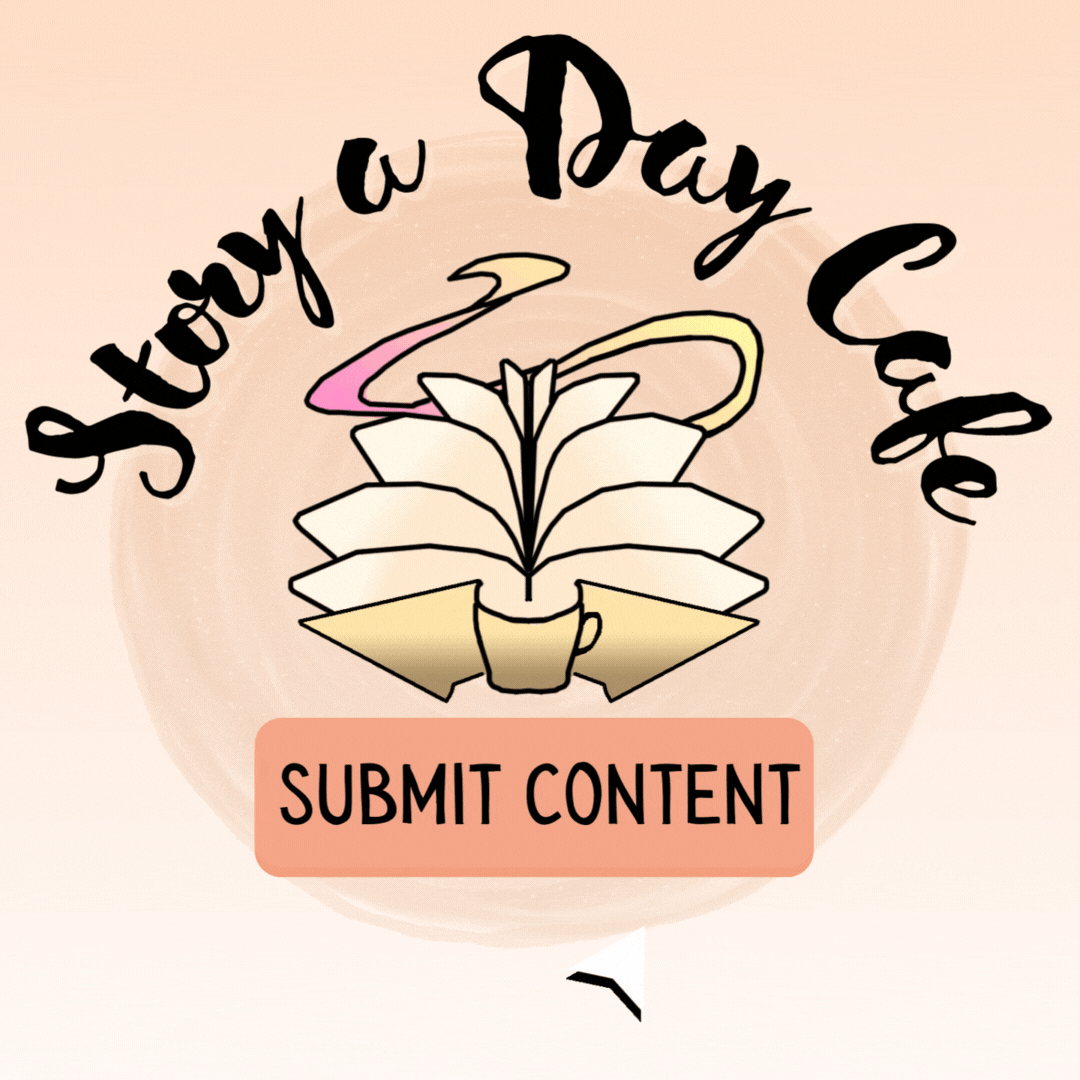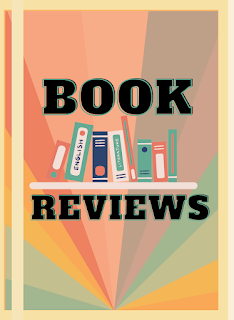Book Review: Nomadland by Jessica Bruder
Somewhere in an alternate universe, there is a version of me who has shirked all notion of the traditional American dream in favor of a nomadic life on the road.
The concept has always appealed to me, largely due to my endless itch for adventure. I love exploring new places and seeing all the world has to offer. Even more, I love connecting with strangers and building communities wherever I roam.
Which is initially what drew me to this book.
Nomadland, written by Jessica Bruder, delves into the lives of a growing community of modern-day nomads in America who took to life on the road after being financially devastated by the economic crisis of 2008. I’d originally come across the movie by the same name that was recently released on Hulu and upon learning it was based on a book, I immediately looked it up and checked it out from my local library.
While the movie centers around one character (who is not present in the book but is based upon the struggles and stories of real people), the book takes readers on a compelling journey through the lives of several different individuals who have chosen a nomadic lifestyle as a means of survival and independence—including the author herself who spent several months immersing herself in the van-dwelling life she was investigating.
She introduces readers to Linda May, a resilient woman in her sixties who has turned her van into her home while trying to save up enough money to build her dream Earthship home on her own plot of land; and Bob Wells, a charismatic advocate for the nomadic lifestyle who organizes gatherings for the community and provides the community (or anyone interested) inspiring, practical advice on adopting this unconventional life through his blog.
Through Bruder’s immersive storytelling and meticulous research, she weaves together the stories of the various nomads she encounters during her extensive travels across the United States. Without shying away from the hard truths, she explores the challenges and vulnerabilities faced by the nomads, including the lack of affordable housing, limited job opportunities, and the constant struggle to meet their basic needs.
By providing us with an inside-look at the lives of the very real people who have adopted this lifestyle, Bruder humanizes her subjects, allowing readers to empathize with their struggles and aspirations. In this way, it becomes impossible to write off the people she encounters as “those crazy hippies” and instead allows the reader to understand and relate to the hardships that have forced them out of their more permanent homes and into life on the road.
Throughout the book, Bruder raises important questions about consumer culture, the pursuit of happiness in contemporary America, and the changing nature of work. She examines the impact of corporations and economic policies on the lives of the nomads, highlighting how large companies exploit this vulnerable labor force by offering low-wage seasonal jobs with limited benefits. Bruder's analysis of the growing wealth inequality in America, the failure of social safety nets, the increasing precarity of employment, and the erosion of workers' rights provides a sobering critique of the modern labor landscape that challenges readers to reconsider their understanding of work, home, and the American Dream in an era of increasing economic instability.
Though the financial crisis of 2008 may seem like a distant memory for many of us, our economy has hardly stabilized in the decade and a half since. Between ever-mounting inflation, the wreckage of the recent COVID-19 pandemic, and the panic of a workforce terrified of being replaced by AI, the issues Bruder brings to light in Nomadland still resonate strongly today.
Regardless of whether a “houseless” life of a modern vagabond appeals to us, Nomadland offers us an in-depth exploration of an economic dilemma that plagues us all.
And as Bruder puts it “Most who face this dilemma will not end up dwelling in vehicles. Those who do are analogous to what biologists call an ‘indicator species’---sensitive organisms with the capacity to signal much larger shifts in an ecosystem.”
The way we live and work in our society is changing—and rapidly. And just like the rising of the seas, we can either bury our heads in our piles of debt…or we can take hold of the steering wheel of our own lives and attempt to drive ourselves out of it.
Which will you choose?
Let me know what you think in the comments below!







.png)













0 comments